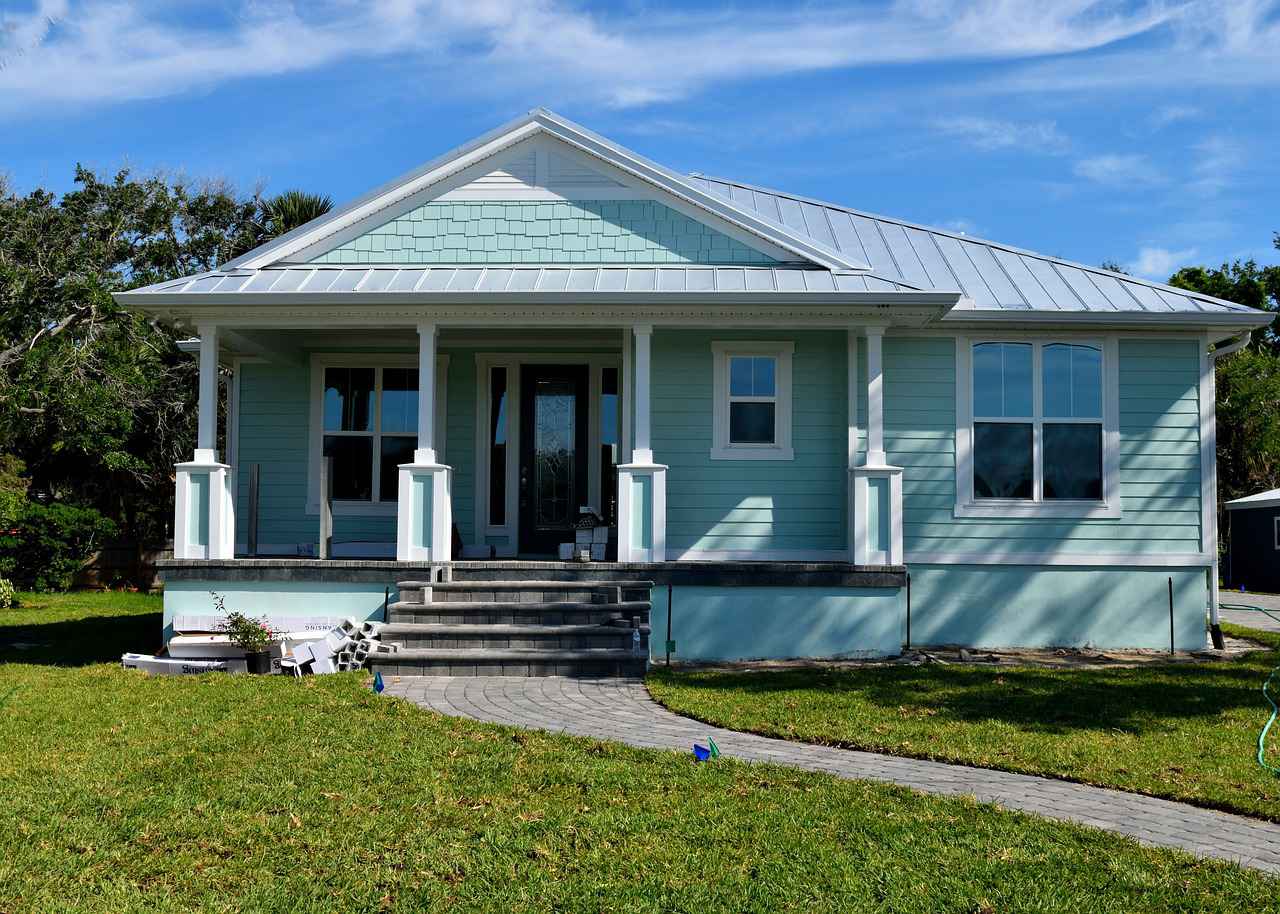BusinessWeek recently released a Top 10 list comparing the costs of buying versus renting homes. They figured out the costs of ownership assuming you’d take out a 30-year mortgage covering the entire purchase price without any down payment. Interestingly, if a 20% down payment was considered, buying would actually turn out cheaper in the top 10 cities they listed.
There’s a bit of a problem with their list, though. Some of the most desirable places like Honolulu, Newport Beach, and San Francisco aren’t mentioned. Typically, the most sought-after areas are the most expensive, and less desirable locations tend to be cheaper. This price difference all comes down to the universal truth in real estate: location matters. The most coveted spots are like the peak of a triangle, constantly widening at the base due to growing demand, while less desirable areas, symbolized by an inverted triangle, are ready to topple with a surplus of supply and minimal demand.
During the real estate downturn, prime areas like San Francisco saw prices drop by about 15-20%, but head just an hour east to places like Antioch and Pittsburgh, and the drop is a steep 40-60%.
If you’re thinking of investing, consider locations where you’d actually enjoy living. If a property doesn’t appeal to you, why would it appeal to someone else? Think of it like buying a car. Someone might buy a Lamborghini Gallardo Spyder for $210,000 and sell it a year later for a good return, compared to purchasing a new Ford Expedition for $48,000, which would depreciate more. Although not everyone has the cash to splurge on a Lamborghini, the principle remains the same: invest in what holds value.
Only if you’re financially able and already live in one of these top cities should you think about buying. Otherwise, whether buying or renting, aim for that tropical paradise or the best location you can afford.
Turning to BusinessWeek’s rankings, Detroit leads the list, mainly because of its affordability amid economic struggles largely tied to the auto industry. Pittsburgh follows, with its robust education and health-care job market keeping it afloat. Rochester, known for its historical corporate residents like Eastman Kodak, also makes the list with favorable buying costs compared to renting. Memphis, Tampa, Cleveland, Dayton, Columbia, Orlando, and Dallas-Fort Worth round out the list, each with unique attributes from major employers to significant cultural sites, all making them noteworthy locations for potential homeowners or investors considering the current economic climate.
In terms of financial tips, considering real estate crowdfunding might be a savvy move. It allows investors access to commercial real estate deals that used to be reserved for the wealthy or institutional investors. With the advent of technology, investing in properties with lower valuations and higher rental yields across the country is now more accessible.
Also, when shopping for a mortgage, it pays to compare rates. Online platforms can connect you with a vast network of lenders eager for your business. Gathering multiple offers could leverage a better deal, ensuring you secure the lowest possible interest rate. When lenders compete, you benefit.









































